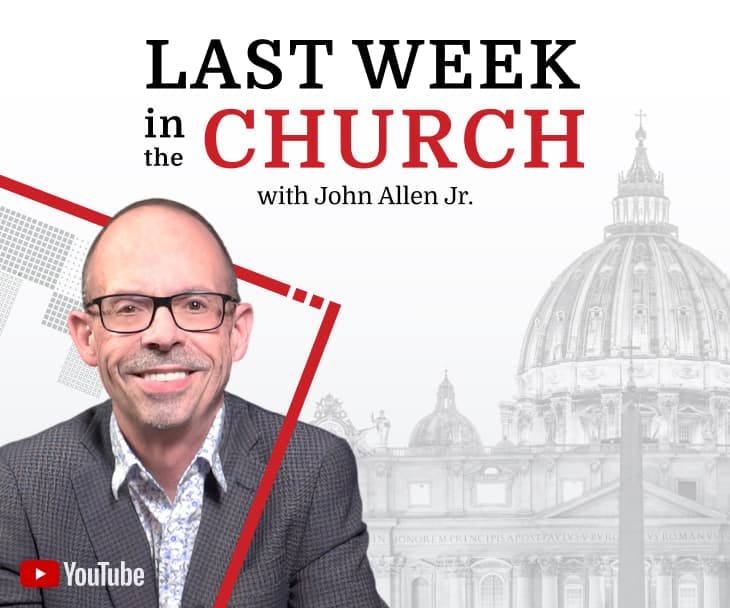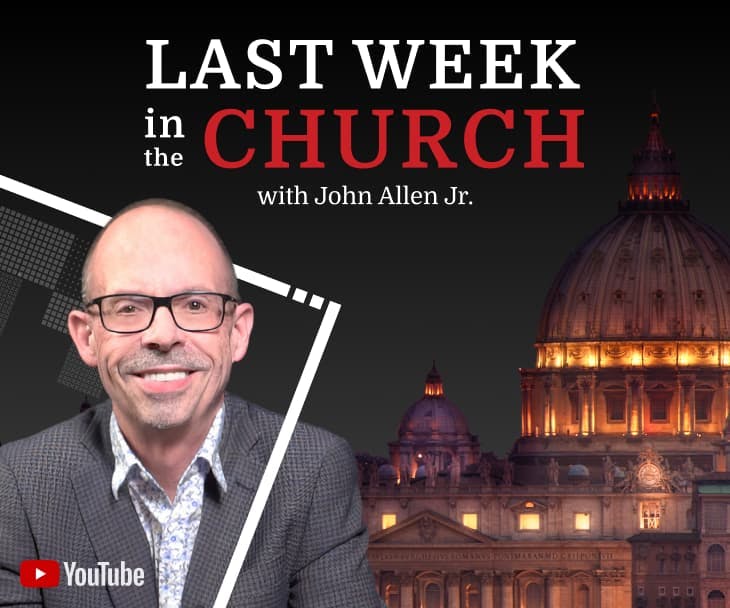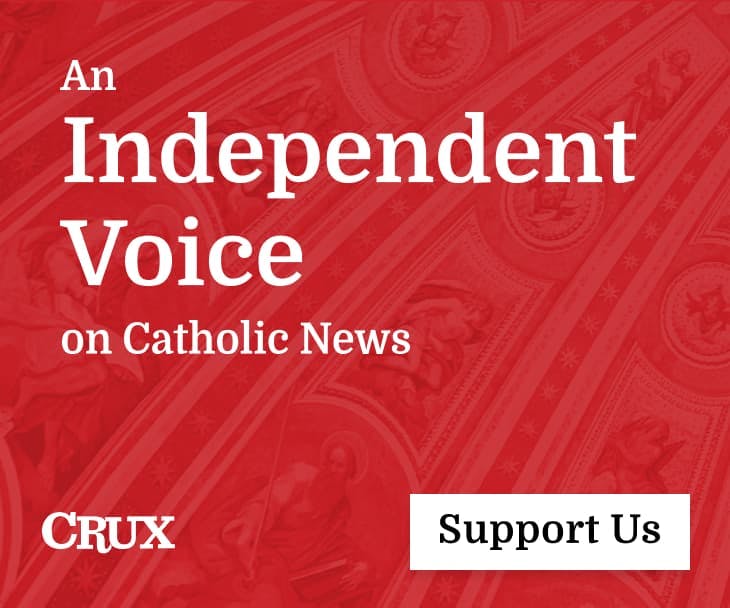The best indication of how efforts to gut the Johnson Amendment are unlikely to live up to Trump’s hype is found in the bill that was introduced earlier this month by three Republicans, Louisiana Rep. Steve Scalise, Georgia Rep. Jody Hice, and Sen. James Lankford of Oklahoma.
The three are die-hard conservatives and among the various competing proposals their bill, the Free Speech Fairness Act, has the best chance of providing a blueprint for any final law.
But as the trio assert in a column in The Washington Post, their legislation is purposefully written so that it “would not turn nonprofits and churches into political action committees, as some have claimed.” The bill would, they say, “maintain the prohibition against 501(c)(3) organizations contributing money to candidates or campaigns.”
Experts in nonprofit tax law agree that bill is much more of a tweak to the Johnson Amendment than a reversal.
“I actually thought the Scalise bill was pretty carefully crafted,” said Miriam Galston, an expert on tax exempt organizations at George Washington University’s School of Law. She said the bill does not totally remove the language barring politicking by churches and other nonprofits but creates a narrow exception on free speech grounds to allow clergy to speak freely from the pulpit on politics and candidates.
“It’s clear that it’s trying not to open the door wide to dark money,” Galston said. “It would not countenance a fundraising endeavor or an advertising campaign” on behalf of a candidate, for example.
Indiana University professor Brad Fulton, who researches political activity in the U.S. religious community, echoed Galston’s view.
The Free Speech Fairness Act, or FSFA, “as it is currently written does alleviate some concerns associated with alternative efforts to repeal the Johnson Amendment in full,” Fulton wrote in an email.
“Functionally, the FSFA bill aims to amend a section of the Internal Revenue Code/Johnson Amendment that is very rarely enforced and has relatively smaller implications.”
In fact, this bill would simply amend the IRS code to allow a house of worship — and any other tax-exempt nonprofit — “to make certain statements related to a political campaign without losing its tax-exempt status” as long as those statements are “made in the ordinary course of the organization’s regular and customary activities in carrying out its exempt purpose, and … results in the organization incurring not more than de minimis incremental expenses.”
Critics of even that change — and there are many, across the spectrum — argue that it would still lower the wall between church and state and has the potential to create loopholes that could allow political money to flow in and out of religious organizations. And, they add, a modest reform would increase the moral hazard of religious politicking, from which the Johnson Amendment has protected churches.
There also seems to be little enthusiasm at the moment on Capitol Hill to tackle this topic. But if FSFA were to become law, the experts note, the Johnson Amendment is not the only barrier to religious politicking: There are a number of other laws, statutes and court rulings that have been regulating the political activity of charities and churches for more than a century, since the income tax was first instituted in 1913.
It was only in 1954 that then-Texas Sen. Lyndon Johnson led a successful effort to have ambiguities in the tax law clarified with legislation explicitly stating that nonprofits, including religious groups, could not engage in partisan campaigning without losing their tax-exempt status.
“The Johnson Amendment, to a certain extent, marked a continuation or culmination of the discussion about politics and charity,” as Catholic University of America law professor Roger Colinvaux wrote in a 2012 article.
Johnson’s motives for passing the law have been a matter of much debate. But the law was not especially controversial and was bolstered at various points by Congress up through the 1980s. Moreover, as Galston noted, the Supreme Court has twice ruled that the law is not a violation of the free speech rights of clergy or congregations; the justices said that the government is not obliged to subsidize speech through tax exemptions.
That’s not the way some conservative religious activists saw it, however, and about a decade ago some of them started lobbying Congress to overturn the Johnson Amendment. They claimed that the law was stifling the free speech rights of clergy and churches and that it had a “chilling” effect on believers who were afraid to speak out on political issues.
Their argument wasn’t terribly convincing. Anyone scanning the American political landscape from the civil rights era in the 1960s up through the rise of the Christian right in the 1980s — and to the present — could see that religious groups were not shy about getting involved in politics.
Besides, the law clearly gives clergy and houses of worship great latitude to speak out on political issues, from abortion and immigration to gay rights and poverty, to name just a few, without fear of punishment. And they certainly have done so, and continue to do so.
In addition, plenty of pastors and religious leaders have gone further and openly campaigned for candidates without fear of a federal rebuke. In reality, the IRS has neither the resources nor the desire to investigate or punish churches. (The agency is, however, much busier warning nonreligious nonprofits that get too partisan).
As Galston said, clergy “don’t seem very chilled (by the Johnson Amendment) and they have absolutely been violating the law.” And as she and other experts note, liberal congregations cross the line just as much if not more than conservative congregations, which means that overturning the Johnson Amendment may not be the political windfall that some religious conservatives seem to believe.
Surveys over the years have also found large and consistent majorities of Americans — as many as eight in 10 — do not want to hear political endorsements from the pulpit, and the sentiment against politicking is even stronger among clergy. At most, just over 10 percent of pastors think such endorsements are a good idea.
Church authorities tend to agree: Some of the nation’s largest and most prominent denominations, from the Roman Catholic Church to the Evangelical Lutheran Church in America to the Mormons, specifically bar or strongly discourage their clergy and churches from endorsing or campaigning for candidates. Any change to the Johnson Amendment wouldn’t affect those strictures.
To be sure, any reform of the Johnson Amendment that signals that houses of worship can do more overt politicking could encourage some clergy and congregations to become more involved in campaigning — and could contribute to the kind of internal divisions that many religious leaders have feared.
Ironically, more campaigning by churches and pastors could also trigger greater scrutiny by the IRS since the government would still have to determine whether houses of worship were crossing the new lines set out by a new law.
At the end of the day, Trump’s proposal seems like a flawed solution to a nonexistent problem.
“Why then is Trump talking about the Johnson Amendment?” Andrew Lewis, an assistant professor of political science at the University of Cincinnati, and Paul Djupe, an associate professor of political science at Denison University, asked in an essay at the website FiveThirtyEight.com.
“The answer is simple: It is valuable as almost purely symbolic politics. It rewards Christian right organizations and elites who have attempted to make this an issue in the past decade and in the recent election cycle.”
Yet given the lack of enthusiasm for a change and its dim prospects in Congress, the payoff for Trump and the Republicans seems as minimal as the proposed changes in the law.



















